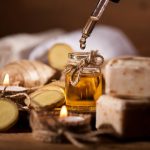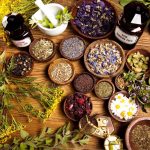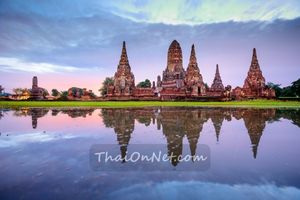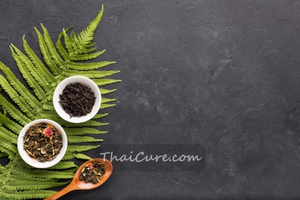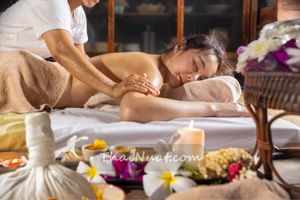- Introduction: Why Aromatherapy Helps You Exhale (and Stay There)
- The Science of Stress & Relaxation (Quick Primer)
- How Aromatherapy Works (So You Can Use It Well)
- Best Essential Oils for Stress Relief and Anxiety (What Actually Helps)
- 1) Lavender (Lavandula angustifolia): Soft, Floral, Versatile
- 2) Bergamot (Citrus bergamia): Bright, Uplifting, Balancing
- 3) Roman Chamomile (Chamaemelum nobile): Gentle, Apple-Like, Soothing
- 4) Ylang-Ylang (Cananga odorata): Floral, Exotic, Comforting
- 5) Clary Sage (Salvia sclarea): Herbal, Softly Sweet, Centering
- 6) Frankincense (Boswellia carterii): Resinous, Meditative, Deep
- 7) Sweet Orange (Citrus sinensis): Juicy, Sunny, Friendly
- 8) Cedarwood (Cedrus atlantica / Juniperus virginiana): Woody, Grounding, Cozy
- How to Use Aromatherapy Oils to Reduce Stress Naturally (Your Daily Playbook)
- Integrating Aromatherapy into Daily Life (Make It Stick)
- Safety Tips & Best Practices (Read This, Please)
- Cultural & Spa Insights (Thai & Regional Inspirations)
- Simple Blending Recipes (From Sunrise to Sleep)
- Troubleshooting Your Aromatherapy Routine
- Sustainability & Sourcing (Relax with a Clear Conscience)
- Conclusion: Build a Calm You Can Count On
- Final Note
- 🙋♀️ FAQs
Introduction: Why Aromatherapy Helps You Exhale (and Stay There)
Modern life piles on deadlines, pings, and pressure—yet the human nervous system still prefers slow mornings and steady breathing. Aromatherapy is the gentle bridge between the two: a centuries-old practice that uses plant essences to nudge the body toward balance. In homes and spas from Bangkok to Barcelona, a few drops swirled into a diffuser or blended into massage oil can reset the day.
This guide focuses on the best essential oils for stress relief and anxiety and shows you how to use aromatherapy oils to reduce stress naturally without complicated routines. You’ll get clear, practical steps, safe dilution ratios, and spa-inspired rituals you can actually keep up with. We’ll explore why scent affects mood, which oils have the most calming reputations, and how to blend and apply them to support sleep, productivity, and emotional resilience.
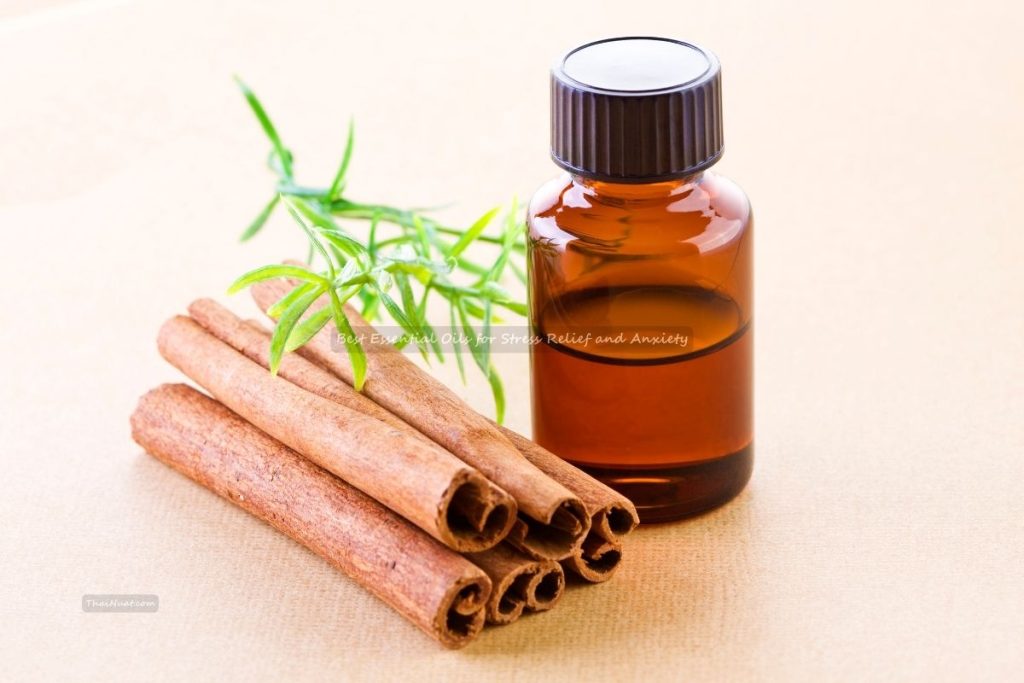
Along the way, we’ll weave in cultural spa wisdom (including Thai massage and herbal traditions), plus safety and sustainability tips so your practice feels good and does good. Let’s breathe in—slow and steady—and get you set up with simple routines that work.
👉 “Looking to transform your evenings into a sanctuary of calm? Don’t miss our guide on At-Home Spa Relaxation Techniques.”
The Science of Stress & Relaxation (Quick Primer)
Stress is a natural response, yet chronic stress keeps the body stuck in high alert. Cortisol rises, muscles tense, sleep quality dips, and focus falters. Aromatherapy doesn’t “cure” stress, but fragrance molecules may modulate mood and perceived tension through the olfactory system, which interfaces with the limbic brain—the area involved in emotions and memory. Paired with proven habits (breathing exercises, movement, good sleep hygiene), scent can become a reliable cue for calm.
Think of aromatherapy as part of a natural stress relief toolkit: habitual scents anchor relaxation, “calming essential oils” can support smoother transitions (work → home, day → night), and mindful application creates a ritual your brain learns to anticipate. Throughout this article, you’ll see where the best essential oils for stress relief and anxiety fit into daily rhythms you already have.
How Aromatherapy Works (So You Can Use It Well)
When you inhale essential oils, volatile molecules travel through your nose to the olfactory bulb, which sends signals to the limbic system (hippocampus, amygdala). That’s why scent is tied so powerfully to memory and mood. Topical application works differently: diluted oils are absorbed through the skin, where gentle massage may ease muscle tension while the scent works on the mind.
Delivery methods you’ll use:
- Diffusion: The simplest starting point. Add 5–8 drops to water in a diffuser for a 30–60 minute session. Great for evening wind-downs or focus blocks.
- Topical (diluted): Combine with a carrier oil (coconut, jojoba, sweet almond). Rollers and massage blends bring scent + touch together.
- Steam & inhalation: One or two drops in a bowl of hot water, or a personal inhaler, for fast calm on busy days.
- Bath rituals: A few drops pre-mixed with a carrier or unscented bath base can transform an ordinary soak into a small spa.
You’ll see these methods recommended alongside the best essential oils for stress relief and anxiety, so you can choose what fits your moment and your environment.
👉 “Curious about ancient wellness practices that still heal today? Explore the The Incredible Health Benefits of Traditional Thai Medicine.”
Best Essential Oils for Stress Relief and Anxiety (What Actually Helps)
Below are the most beloved oils in spas and home practices alike. Each has a slightly different aromatic personality—floral, citrus, herbaceous, balsamic—so you can tailor your routine to mood and time of day. This is your “shortlist” of the best essential oils for stress relief and anxiety you’ll come back to again and again.
1) Lavender (Lavandula angustifolia): Soft, Floral, Versatile
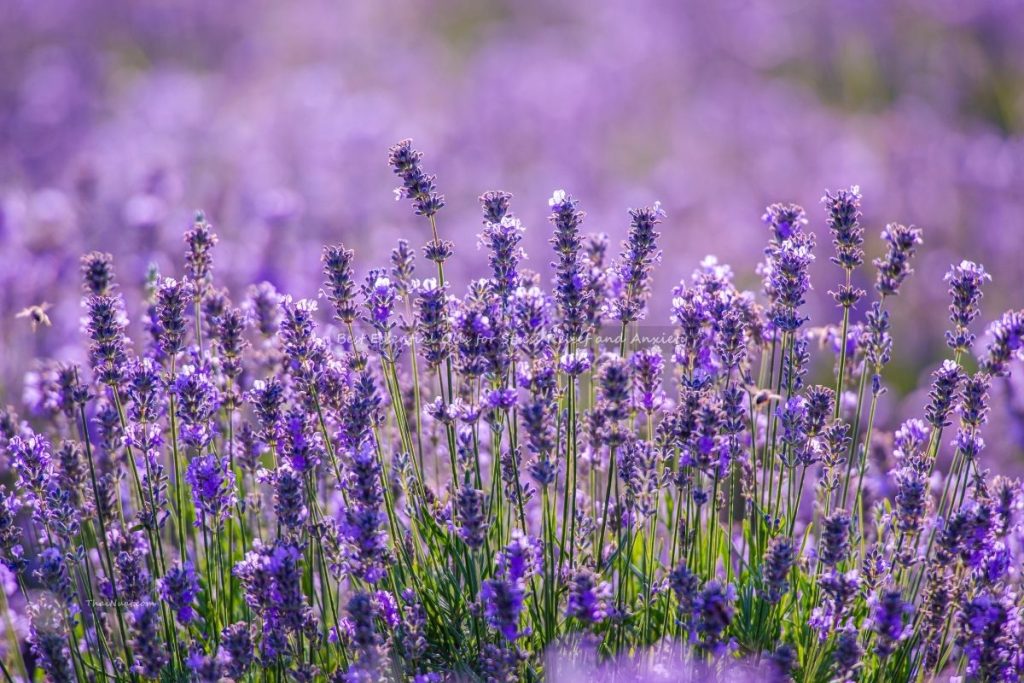
Lavender is the universal calming note—smooth, familiar, and forgiving. It’s often the first oil suggested for winding down, pre-sleep routines, or anxious evenings. Diffuse before bed, or add to a roller with jojoba for the wrists and the back of the neck.
Supporting/LSI: lavender essential oil benefits for stress, aromatherapy diffuser oils for sleep, calming essential oils. It’s also one of the best essential oils for stress relief and anxiety for beginners.
2) Bergamot (Citrus bergamia): Bright, Uplifting, Balancing

Bergamot offers a sunlit citrus lift with a gentle floral edge. Many people find it brightens low mood without becoming stimulating. Diffuse during late-afternoon slumps, or pair with lavender in a 1:1 blend.
Supporting/LSI: bergamot oil for relaxation, essential oil blends for calm. Its lightness makes it one of the best essential oils for stress relief and anxiety in day-time routines.
3) Roman Chamomile (Chamaemelum nobile): Gentle, Apple-Like, Soothing
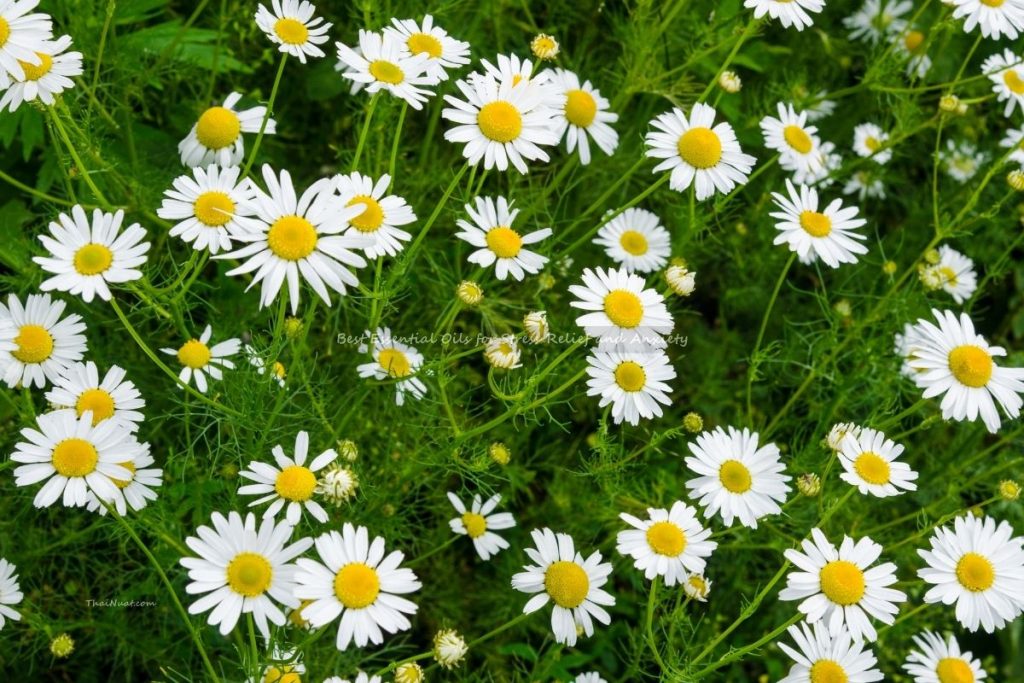
Roman chamomile is the bedtime whisper: mellow and reassuring, excellent for pre-sleep rituals and tense days. Use in a bath (always diluted) or a pillow spray.
Supporting/LSI: chamomile oil for calm, aromatherapy techniques for stress reduction; many consider chamomile among the best essential oils for stress relief and anxiety for evening routines.
4) Ylang-Ylang (Cananga odorata): Floral, Exotic, Comforting
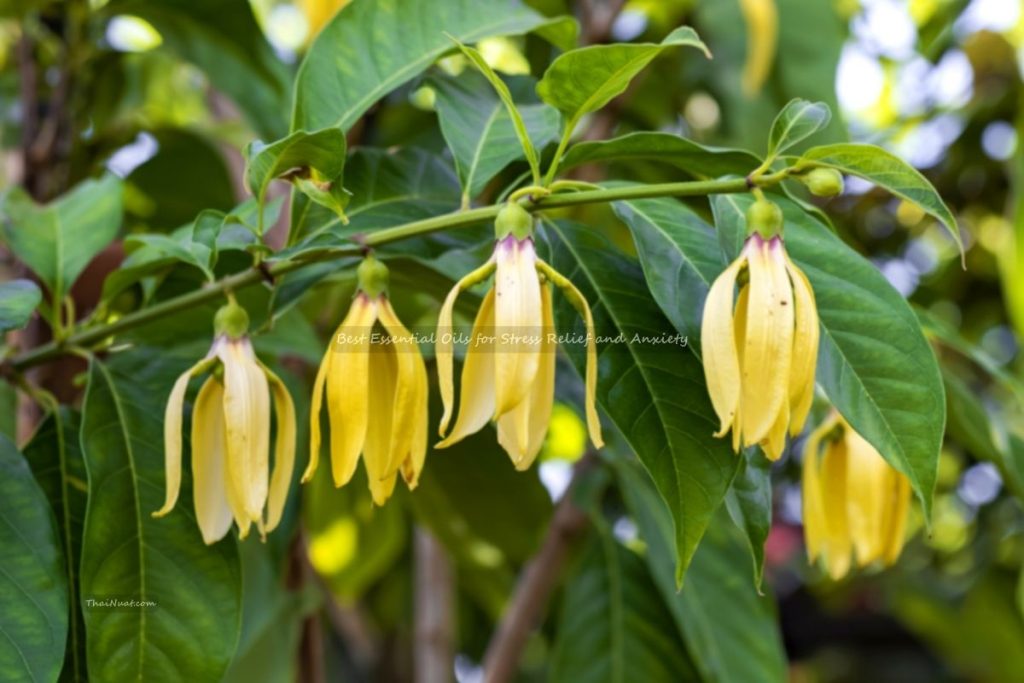
Headily floral ylang-ylang can slow a racing mind when used lightly. It blends beautifully with citrus notes (bergamot, sweet orange) to smooth the intensity.
Supporting/LSI: ylang-ylang oil for anxiety, calming essential oils. Add a drop to rollers sparingly; even so, it’s still among the best essential oils for stress relief and anxiety when balanced.
5) Clary Sage (Salvia sclarea): Herbal, Softly Sweet, Centering
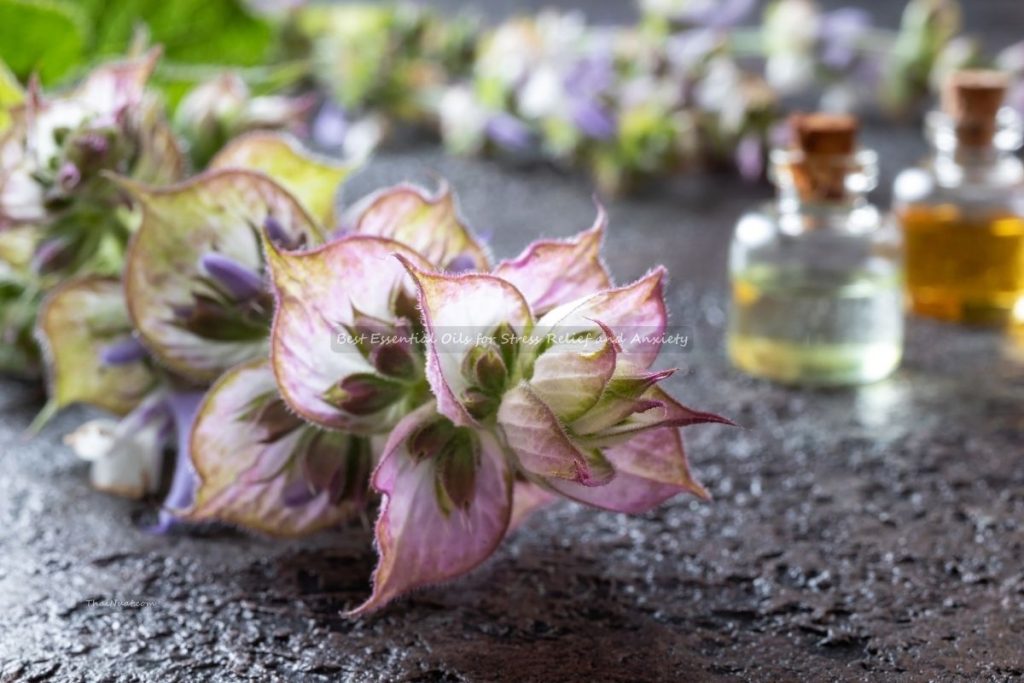
Clary sage has a grounded, subtly sweet herbal profile that pairs well with lavender for “cut-through-the-noise” relaxation. Many enjoy it before journaling or meditation.
Supporting/LSI: clary sage essential oil uses, natural stress relief remedies. For many, clary sage ranks with the best essential oils for stress relief and anxiety for late-evening calm.
6) Frankincense (Boswellia carterii): Resinous, Meditative, Deep

Frankincense feels like stepping into a quiet temple: resinous, warm, and centering. Lovely for breathwork, yoga, or reflective time.
Supporting/LSI: frankincense for grounding, “calming essential oils.” Its depth earns it a place among the best essential oils for stress relief and anxiety for mindful moments.
7) Sweet Orange (Citrus sinensis): Juicy, Sunny, Friendly

If you want instant cheer, sweet orange is the smile in your blend. It’s beautifully simple and pairs with almost anything.
Supporting/LSI: citrus blends for relaxation, essential oil blends for calm. It earns a spot among the best essential oils for stress relief and anxiety when you need gentle uplift.
8) Cedarwood (Cedrus atlantica / Juniperus virginiana): Woody, Grounding, Cozy
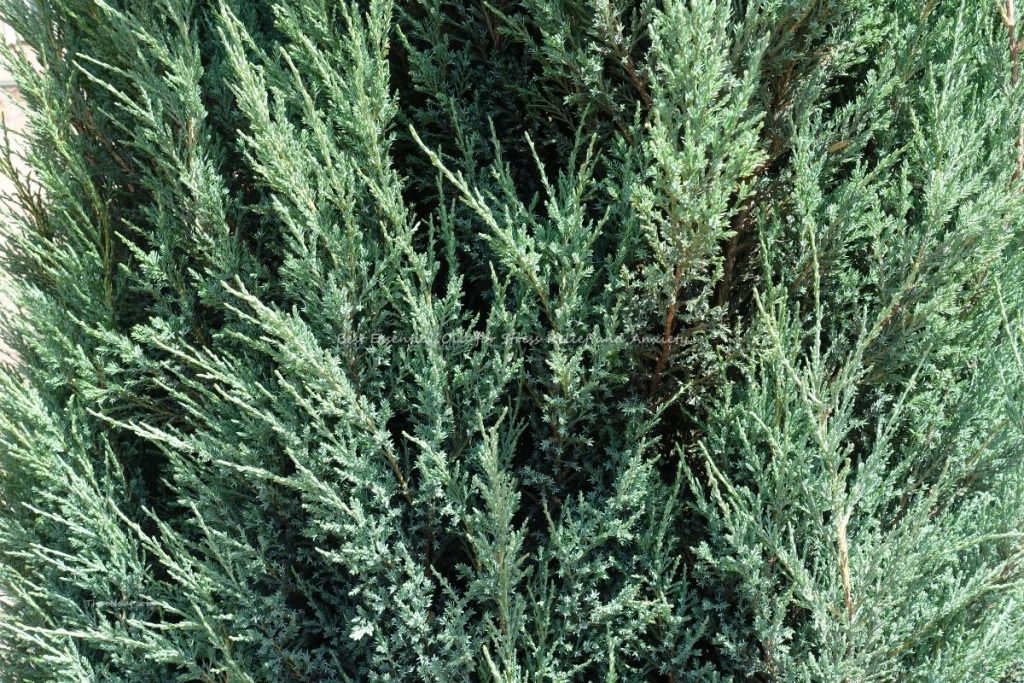
Cedarwood anchors airy blends; it’s a base note that “holds” other scents. Ideal for bedtime and cool evenings.
Supporting/LSI: grounding essential oils, aromatherapy for sleep routines. Used well, it complements the best essential oils for stress relief and anxiety by adding warmth and staying power.
Blending Tip: To create harmony, think Top (citrus/bright) – Middle (floral/herbal) – Base (wood/resin). A classic 3-2-1 ratio (top-middle-base) gives balanced diffusion. Try a 3:2:1 of sweet orange, lavender, and cedarwood and you’ll understand why blending the best essential oils for stress relief and anxiety is as much art as science.
How to Use Aromatherapy Oils to Reduce Stress Naturally (Your Daily Playbook)
This section turns good intentions into muscle memory. Below, you’ll find practical, time-boxed methods for how to use aromatherapy oils to reduce stress naturally—no hour-long routines required.
Method 1: Easy Diffuser Routines (Home, Office, Study)
Diffusers are “set and forget.” Use 5–8 drops total per 200 ml of water and run for 30–60 minutes.
- Morning Focus: 3 drops bergamot, 2 drops frankincense, 1 drop sweet orange
- Afternoon Reset: 3 drops sweet orange, 2 drops lavender, 1 drop cedarwood
- Evening Wind-Down: 3 drops lavender, 2 drops cedarwood, 1 drop Roman chamomile
These blends show how to use aromatherapy oils to reduce stress naturally through consistent scent cues that the brain learns to associate with calm.
Method 2: Pocket-Size Calm (Roll-On Blends)
Roll-ons are discreet and perfect for commutes or pre-meeting jitters.
- Dilution: 10 ml carrier oil + 6–9 drops total essential oils (≈3–4% for occasional use; 1–2% for frequent use).
- Steady Calm Roller (10 ml): 3 drops lavender, 2 drops bergamot, 1 drop frankincense.
Apply to wrists and the back of the neck, then inhale slowly for five breaths. This is how to use aromatherapy oils to reduce stress naturally even in busy settings.
Method 3: Bath Rituals (Your At-Home Spa)
Combine scent + warmth + quiet for profound relaxation.
- Milk Bath Base: Mix 1 tablespoon unscented castile soap or milk with 5–8 drops of essential oils before adding to water (this helps disperse the oils).
- Soothe & Sleep Soak: 3 drops lavender, 2 drops Roman chamomile, 1 drop cedarwood.
With low light and slow breaths, you’ll feel exactly how to use aromatherapy oils to reduce stress naturally after an exhausting day.
Method 4: Massage Moments (Self-Care or Partnered)
Massage relaxes muscles while scent signals “off duty.”
- Massage Blend (30 ml carrier): 6 drops lavender, 4 drops clary sage, 2 drops frankincense (≈2%).
- Glide over shoulders, neck, and forearms. This mind-body combination is a simple path for how to use aromatherapy oils to reduce stress naturally and deepen sleep later.
Method 5: Steam Inhalation (Fast, Focused Relief)
For immediate exhale: add 1–2 drops lavender or sweet orange to a bowl of hot water, tent with a towel, and breathe gently for 2–3 minutes. It’s a quick way to experience how to use aromatherapy oils to reduce stress naturally without equipment.
Pro Tip: Keep a small pouch with a mini roller, a 5 ml bottle of lavender, and a personal inhaler in your bag. When tension climbs, you’ll have a mini spa within reach.
Integrating Aromatherapy into Daily Life (Make It Stick)
Consistency beats intensity. Choose one morning blend and one evening blend from the best essential oils for stress relief and anxiety and repeat them for a week. Your brain will start predicting calm as soon as the diffuser clicks on.
- At Work: Use a personal inhaler with 3 drops bergamot + 2 drops lavender. It’s a subtle way to practice how to use aromatherapy oils to reduce stress naturally at your desk.
- After Work Transition: Diffuse a cheerful blend (sweet orange + lavender) as you change clothes or prepare dinner.
- Pre-Sleep: A cedarwood-lavender mix makes a bedroom feel restful; pair with a dim light and a book.
- Micro-Rituals: One deep inhale before opening email. Three slow breaths after parking the car. These tiny anchors make the best essential oils for stress relief and anxiety more effective over time.
Safety Tips & Best Practices (Read This, Please)
Essential oils are potent. Respect that potency and you’ll have a safe, enjoyable practice.
- Dilution: For body use, 1–2% is a sensible daily range (that’s ~3–6 drops per 10 ml carrier). You can go up to ~3–4% for short-term or localized use if your skin tolerates it.
- Patch Test: Always test new blends on a small area first.
- Photosensitivity: Some citrus oils (bergamot, lemon) can increase sun sensitivity; avoid UV exposure on applied areas for 12–24 hours unless you’re using a bergapten-free (“FCF”) oil.
- Pregnancy/Medical: If you’re pregnant, nursing, have asthma/epilepsy, or take medications, consult a qualified professional before topical use.
- Quality Matters: Choose reputable brands, ideally with GC/MS reports. Store oils in dark glass, away from heat and light.
- Pets & Kids: Diffuse in well-ventilated rooms; keep oils locked away from children and pets.
Aromatherapy complements—never replaces—professional care. If persistent anxiety or sleep disruption affects daily life, seek personalized support alongside your home routine.
Cultural & Spa Insights (Thai & Regional Inspirations)
In Thailand, relaxation isn’t an afterthought—it’s woven into daily life. Traditional Thai massage uses pressure, stretching, and rhythm to unwind the body, often paired with aromatic elements: steamed herbal compresses, lemongrass in the air, and soft florals nearby. Southeast Asian spa menus love balancing calming essential oils with refreshing citrus for tropical heat: think lavender-ylang-ylang anchored by warm wood notes, or sweet orange brightened with kaffir lime leaf.
Borrow the mindset: set your space with intention. A clean mat, warm lighting, and a familiar evening blend from the best essential oils for stress relief and anxiety become cues that your home is now your sanctuary.
Simple Blending Recipes (From Sunrise to Sleep)
Here are no-fuss blends you can rotate through the week. Use in a diffuser (5–8 drops total) or adapt to a roller at ~2% dilution.
- Morning Clarity — bergamot (3), sweet orange (2), frankincense (1)
- Workday Flow — lavender (3), clary sage (2), sweet orange (1)
- Evening Unwind — lavender (3), cedarwood (2), Roman chamomile (1)
- Meditation Grounding — frankincense (3), cedarwood (2), lavender (1)
- Gentle Optimism — sweet orange (3), bergamot (2), ylang-ylang (1)
These options keep variety without decision fatigue. Over time, your nervous system will associate each blend with a specific state—focus, ease, or sleep.
Troubleshooting Your Aromatherapy Routine
- “I don’t feel much.” Try a slightly higher diffusion time (up to 60 minutes), or refresh stale oils. Consider adding a base note (cedarwood) to help lighter scents “stick.”
- “The scent feels too strong.” Cut total drops or open a window; consider softer oils (Roman chamomile, lavender).
- “I keep forgetting to use it.” Tie blends to existing anchors: kettle on → diffuser on; brushing teeth → roll-on to wrists.
- “My family has different scent tastes.” Create personal inhalers so everyone can breathe what they love while sharing the same space.
Sustainability & Sourcing (Relax with a Clear Conscience)
Essential oils require a lot of plant material; mindful use matters. Buy from brands that support ethical farming, fair labor, and transparent testing. Reuse bottles for DIY rollers, and rotate a small toolkit rather than hoarding dozens of bottles you’ll never finish. Calm should feel kind—to you and the ecosystems that make these aromas possible.
Conclusion: Build a Calm You Can Count On
Aromatherapy works best as a practice, not a one-off treat. Choose two or three oils you enjoy, then show up for them daily. Let lavender soften your evenings while bergamot brightens your afternoons; invite frankincense in when you need a steadier breath. Use simple anchors—diffuser on at 9 p.m., roller before meetings—and let habit do the heavy lifting.
When in doubt, return to the shortlist above of the best essential oils for stress relief and anxiety and keep your routine simple. And if you need a refresher on how to use aromatherapy oils to reduce stress naturally, revisit the methods section—diffusion, roll-ons, baths, massage, and steam—then pick the one that fits the moment and try it today.
Final Note
This article is intended for general wellness guidance. It isn’t a medical diagnosis or treatment. If ongoing stress or anxiety interferes with daily life, please consult a qualified professional—aromatherapy pairs beautifully with broader care.
🙋♀️ FAQs
1. What are the best essential oils for stress relief and anxiety?
The best essential oils for stress relief and anxiety include lavender, bergamot, chamomile, ylang-ylang, frankincense, and clary sage. These calming essential oils are widely used in aromatherapy to promote relaxation, better sleep, and a more balanced mood.
2. How do you use aromatherapy oils to reduce stress naturally?
You can diffuse, inhale, or dilute essential oils in carrier oils for massage. Baths and roll-ons are also effective. Each method shows how to use aromatherapy oils to reduce stress naturally while fitting into your daily routine.
3. Which calming essential oils are best for sleep and relaxation?
Lavender, cedarwood, and Roman chamomile are the most effective calming essential oils for sleep. Diffuse them before bed or create a pillow spray to support deeper rest and stress reduction.
4. Are there safe ways to blend essential oils for stress relief?
Yes. Start with a 3:2:1 ratio (top note, middle note, base note). A popular blend is sweet orange, lavender, and cedarwood. Such essential oil blends for calm work beautifully in diffusers or roll-ons.
5. Are there safety tips when using essential oils for anxiety and stress?
Always dilute essential oils before applying to skin, patch-test new blends, and be mindful of photosensitive oils like bergamot. These safety tips for using essential oils ensure aromatherapy remains a gentle, effective way to ease stress.


